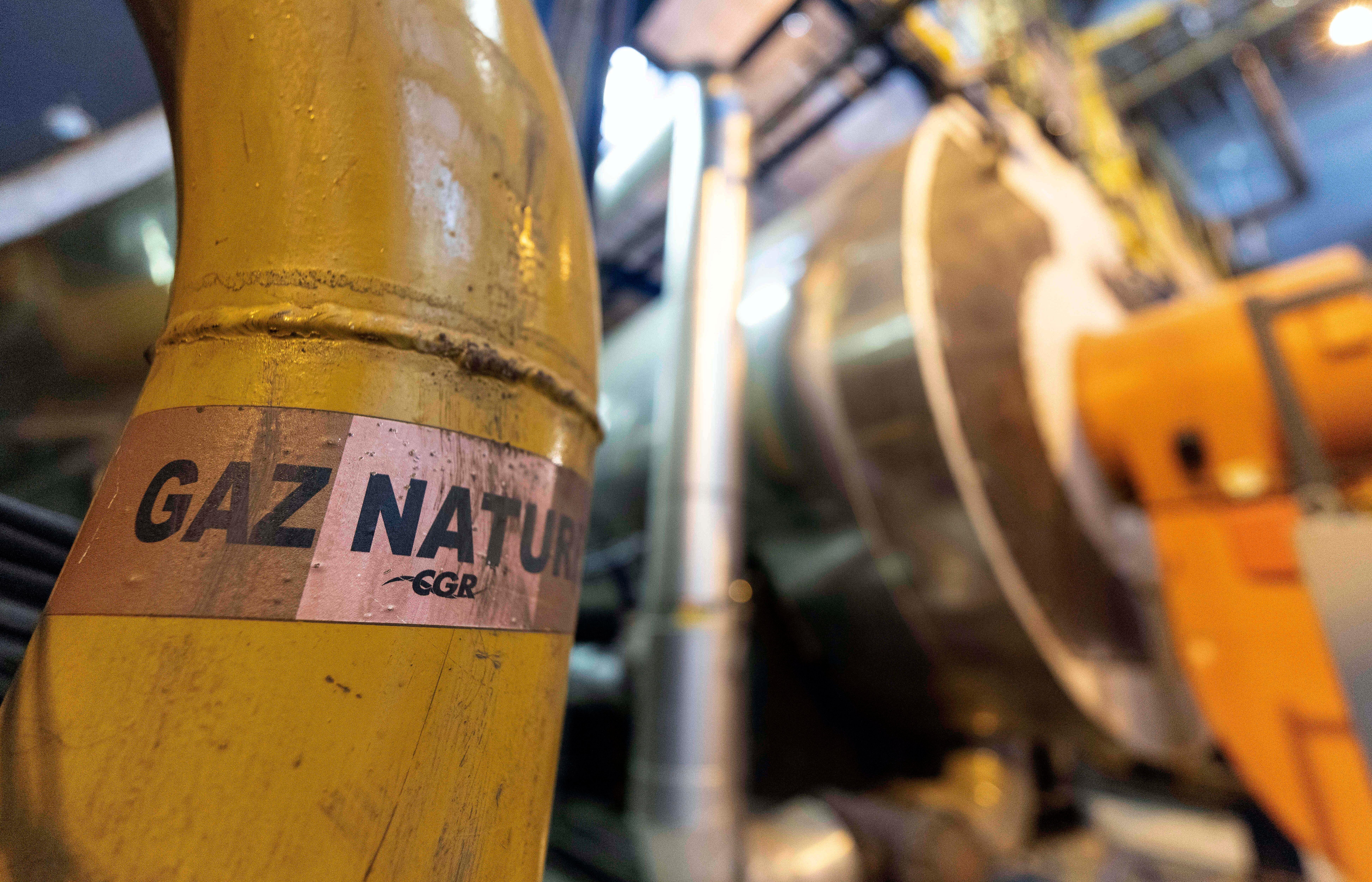IEA chief sees energy crunch for Europe next winter
The head of the International Energy Agency says Europe should be able to cope with the natural gas supply crunch in the coming months thanks to considerable reserves but warned that the continent could face a bigger energy crisis next winter

Europe should be able to cope with the natural gas supply crunch in the coming months thanks to considerable reserves although the continent could face a bigger energy crisis next winter, the head of the International Energy Agency said Thursday.
Fatih Birol said that, barring unforeseen events, “Europe will go through this winter with some economic and social headaches, bruises here and there” as a result of efforts to wean itself off Russian gas and the wider increase in energy costs resulting from the war in Ukraine.
“Next winter will be more difficult than this winter" he said.
Birol cited the fact that Russian gas supplies to Europe may end completely next year, while China's demand for liquefied natural gas looks set to rebound as its economy recovers from the pandemic.
Meanwhile, the IEA projects new gas capacity coming online in 2023 to be the lowest in two decades, he said.
“(This) is the reason Europe needs to prepare today for next year," Birol said, adding that solidarity among European nations was key.
Speaking at an energy symposium in Berlin hosted by the German government, the IEA chief said Russia can also expect to feel some costly effects of its falling out with European energy buyers over Ukraine.
With 75% of Russia's gas exports and 55% of its oil going to Europe before the war, Moscow needs to find new markets for its output, he said.
Birol called it “completely wrong” to assume Russia will simply deliver to Asia, noting that pipelines through Siberia would take a decade to build and oil tankers need ten-times longer to reach clients in the East than in Europe.
Additionally, the departure of specialized oil and gas technology companies from Russia due to the sanctions means production at challenging extraction sites is likely to fall.
“Russia is set to lose the energy battle big time,” Birol said, adding that the IEA has calculated Moscow will lose about $1 trillion in revenue by 2030 because of its war in Ukraine.
While noting that the energy crisis also has severe impacts on developing nations, Birol said it would help speed up the transition to alternatives to fossil fuels.
“When I look at the (efforts to ensure) energy security, climate commitments and industrial policy drivers, I am optimistic that the current energy crisis will be a turning point in the history of energy policy making,” he said.
Still, this will require a five-fold increase in clean energy investments compared to today, said Birol.
Bookmark popover
Removed from bookmarks